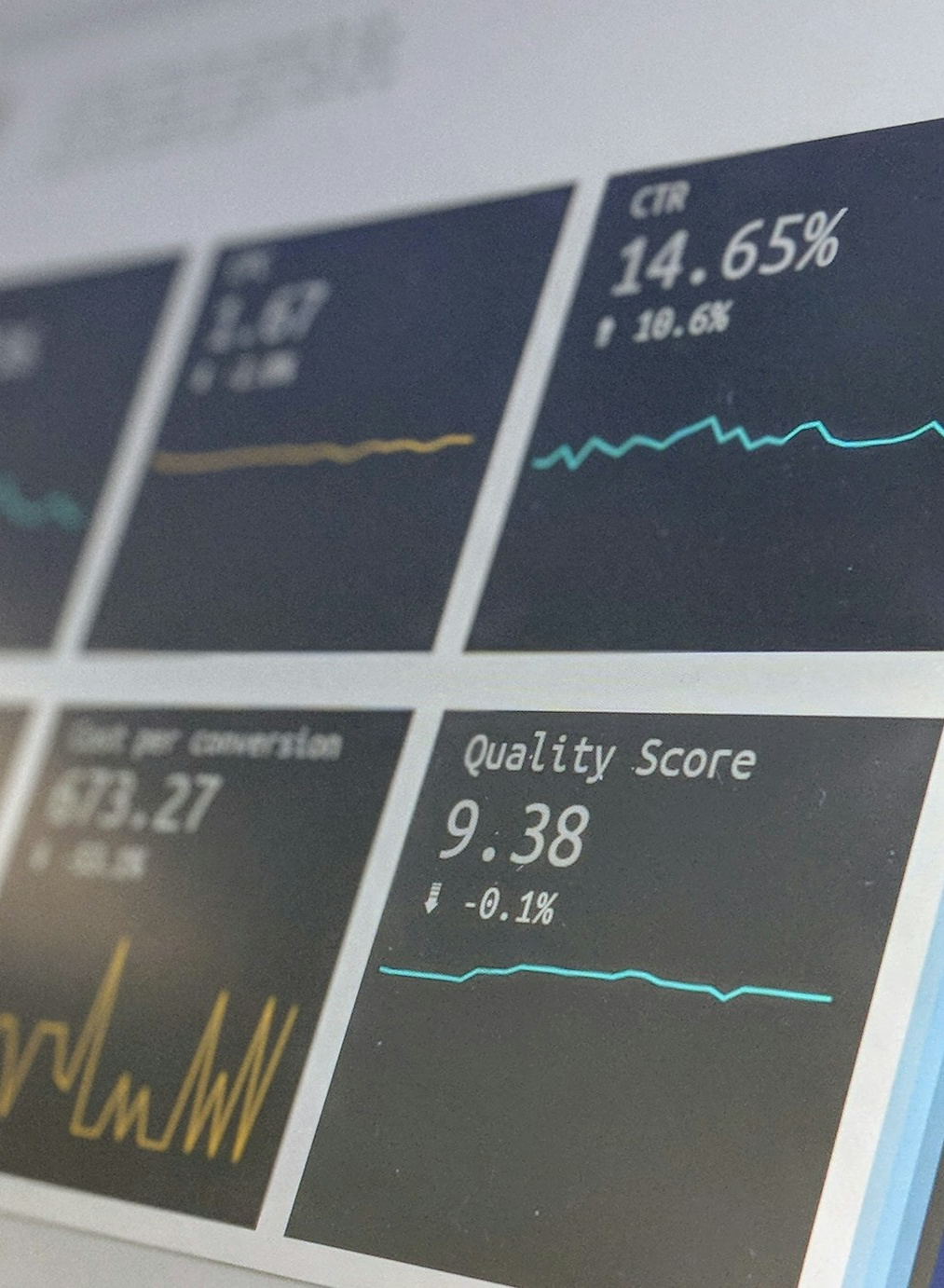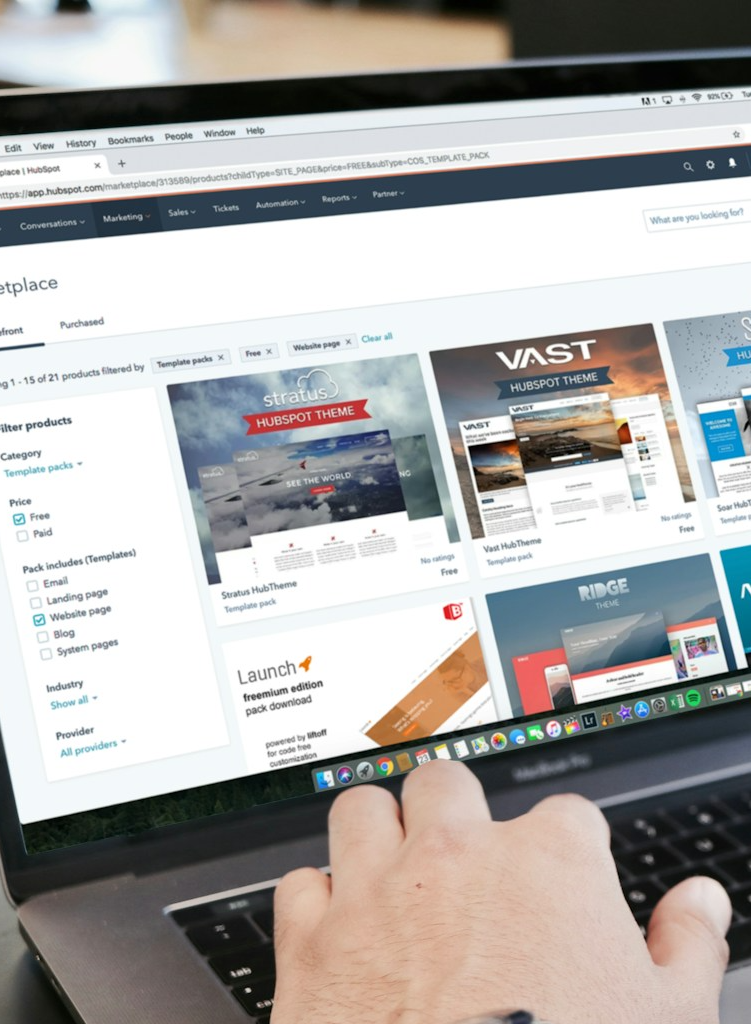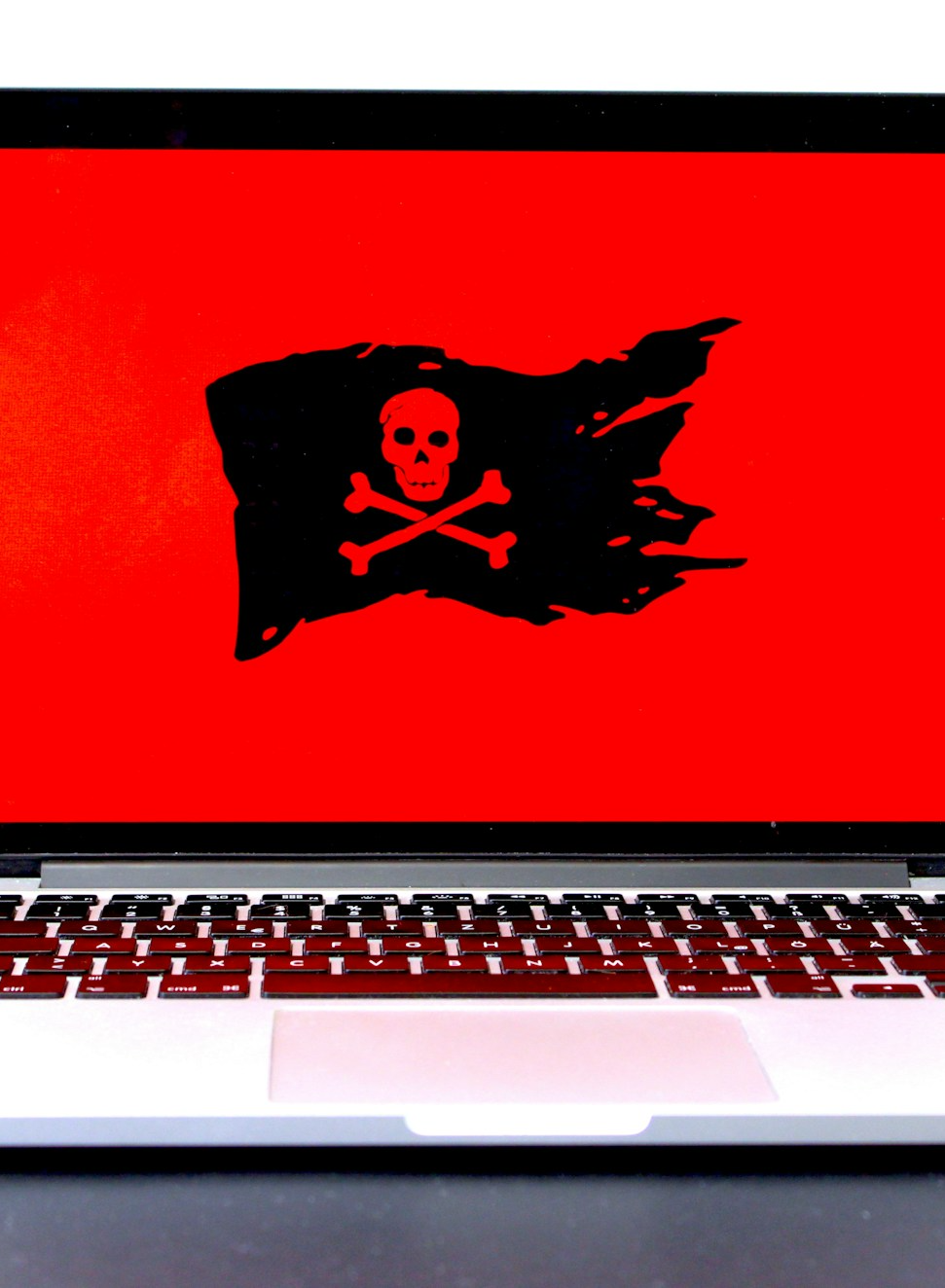Well, first let's work out what "support ends April 2014" means?
According to Microsoft, "It means you should take action."
After April 8, 2014, there will be no new security updates, non-security hotfixes, free or paid assisted support options or online technical content updates.
Running Windows XP SP3 and Office 2003 in your environment after their end of support date may expose your company to potential risks.
... in essence, continued use of Windows XP and Office 2003 may leave you and your business open to vulnerabilities. So it is important that you start to look at what your options are in terms of upgrading your software.
The other important consideration is that software vendors and hardware manufacturers have already, or will, stop supporting XP compatible software/drivers. As such, it will become more difficult to ensure hardware/software works in the office environment.
And let's not forget one of the biggest reasons to move on ... Windows XP is now over 11 years old!
According to statistics generated by Net Applications, Windows XP was the most widely used operating system until August 2012, when Windows 7 overtook it. However as of December 2012, Windows XP market share was still at a solid 39.08%. This evidence of the prevalence of Windows XP is also complimented by data from the W3Schools website. According to web analytics data generated by W3Schools, from September 2003 to July 2011, Windows XP was the most widely used operating system for accessing the W3schools website, which they claim is consistent with statistics from other websites. As of December 2012, Windows XP market share was still at 21.1%. (Sourced from Wikipedia - Windows XP)
So it remains clear that many businesses will be impacted by the necessity to upgrade their software.
For many, upgrading the operating systems may simply be part and parcel of upgrading your computers - when buying new computers, new software (such as Windows 7 or Windows 8) will come with the computer. However, for others, they must take measures to migrate users to new software in the near future.
At this stage many analysts have recommended migrating to Windows 7 - indicating that as the leading operating system; there is safety in numbers. However this is also because Windows 7 is quite stable, has been in the market for some time, and has had patches to ensure that the system is stable. It is also similar in usability to Windows XP - ensuring that the learning curve for new users is relatively smoother than migrating to Windows 8.
But before making the decision to switch - make sure you take a moment to evaluate the alternatives.
There has been significant press about Windows 8 - much of it negative. However, when Windows XP was released, there was a very similar level of negative press; and look at how well received the software is today! So take a look at Windows 8 with an open mind.
Regardless of your choice, if you are using Windows XP in your business, you should commence the process of switching to either Windows 7 or Windows 8 in the near future. The change will take some time, and there will be costs involved. Commencing the process now will give you the best chance of ensuring that your businesses computers remain secure, stable, reliable and compatible with hardware and software.
If you are considering upgrading your office software, contact us to discuss the alternatives and find out which software suits you and your business.
Have you recently upgraded your company's operating systems? If so, what did you choose and why?
--
Get updates, tips and industry news delivered directly to you





